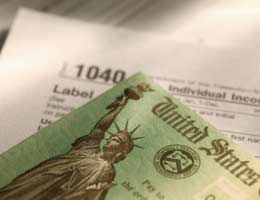Thinker101
Diamond Member
- Mar 25, 2017
- 24,734
- 14,967
30 years ago people in the top 10% were making close to $60,000/per year, and so started the chant of rich people don’t pay their fare share. Today we’re hearing the exact same thing. So what I’m curious to know is who the rich are? What level of income is needed before you’re considered to not be paying your fair share. Is it still the $60,000 mark or is it anyone that has $1.00 more than you do.



